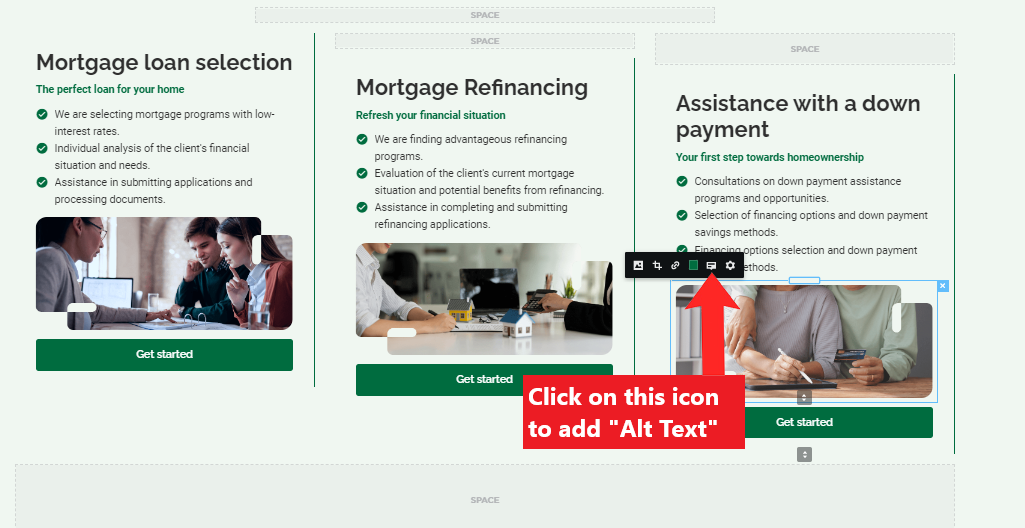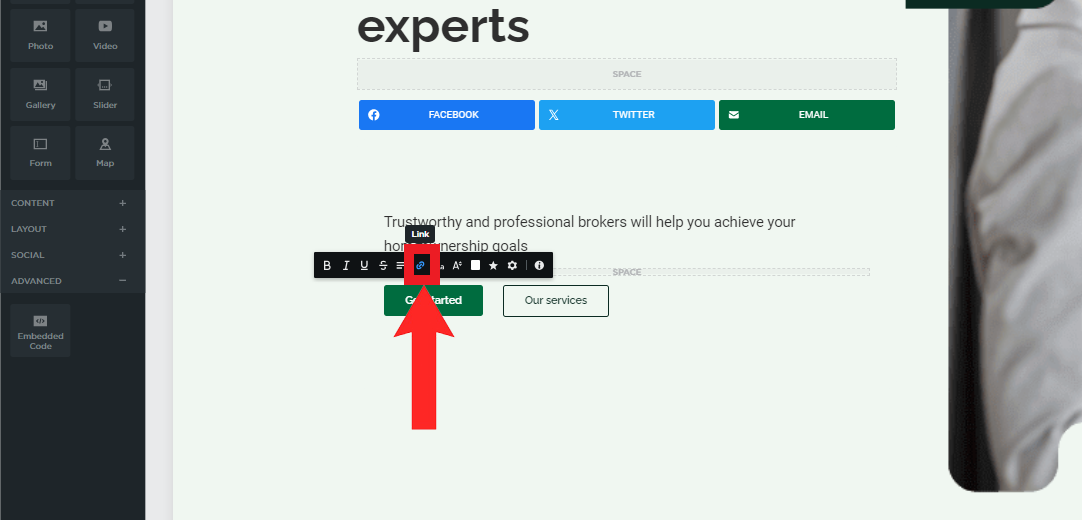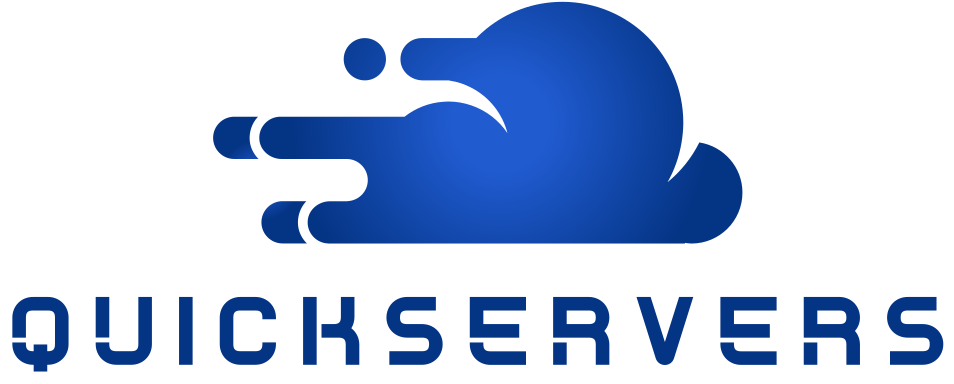Understanding SEO for Your QuickServers Website
Search Engine Optimization (SEO) is essential for improving your website's visibility on search engines, driving more traffic, and increasing your online presence. Here’s a comprehensive guide to understanding SEO for your QuickServers website.
1. What is SEO?
SEO is the practice of optimizing your website to rank higher in search engine results pages (SERPs). It involves various strategies and techniques to make your website more attractive to search engines like Google, Bing, and Yahoo.
2. Keyword Research
Identifying the right keywords is the first step in effective SEO.
Steps:
- Brainstorm Keywords: Think about the terms and phrases your target audience might use to find your website.
- Use Tools: Utilize keyword research tools like Google Keyword Planner, Ahrefs, or SEMrush to find relevant keywords.
- Analyze Competition: Look at what keywords your competitors are ranking for and identify opportunities.
3. On-Page SEO
On-page SEO involves optimizing individual pages on your website to improve their search engine rankings.
Techniques:
- Title Tags: Include your primary keyword in the title tag of each page. Keep it concise and compelling.
- Headings (H1, H2, H3): Use headings to structure your content and include keywords naturally.

- Content Optimization: Ensure your content is high-quality, informative, and keyword-rich without keyword stuffing.
- Image Alt Text: Use descriptive alt text for images, including relevant keywords to improve accessibility and SEO.


- Internal Linking: Link to other relevant pages on your site to improve navigation and boost SEO.

4. Technical SEO
Technical SEO focuses on the backend aspects of your website that affect its performance in search engines.
Key Areas:
- Site Speed: Optimize your website's loading speed by compressing images, enabling browser caching, and using a Content Delivery Network (CDN).
- Mobile-Friendliness: Ensure your website is responsive and performs well on mobile devices.

- URL Structure: Use clean and descriptive URLs that include keywords.
- XML Sitemap: Create and submit an XML sitemap to search engines to help them crawl your website more efficiently.
- Robots.txt: Use the robots.txt file to control which pages search engines can crawl and index.
5. Off-Page SEO
Off-page SEO involves activities outside your website that impact your search engine rankings.
Strategies:
- Backlink Building: Acquire high-quality backlinks from reputable websites to improve your site's authority.
- Social Media Marketing: Promote your content on social media platforms to increase visibility and drive traffic.
- Guest Blogging: Write guest posts for other blogs in your industry to gain exposure and backlinks.
- Online Directories: List your website in relevant online directories and local listings.
6. Local SEO
Local SEO is crucial if you have a physical location or serve a specific geographic area.
Tips:
- Google My Business: Create and optimize your Google My Business profile with accurate information.
- Local Keywords: Use location-based keywords in your content and meta tags.
- Local Citations: Ensure your business name, address, and phone number (NAP) are consistent across all online directories.
7. Monitoring and Analytics
Regularly monitoring your SEO performance helps you understand what’s working and what needs improvement.
Tools:
- Google Analytics: Track your website’s traffic, user behavior, and conversion rates.
- Google Search Console: Monitor your site’s presence in Google search results and identify any issues.
- SEO Tools: Use tools like Ahrefs, SEMrush, or Moz to track keyword rankings, backlinks, and competitor analysis.
Conclusion
Understanding and implementing SEO for your QuickServers website is essential for improving your search engine rankings, driving more traffic, and enhancing your online visibility. By focusing on keyword research, on-page and technical SEO, off-page strategies, local SEO, and regular monitoring, you can optimize your website effectively and achieve better results. Happy optimizing!

